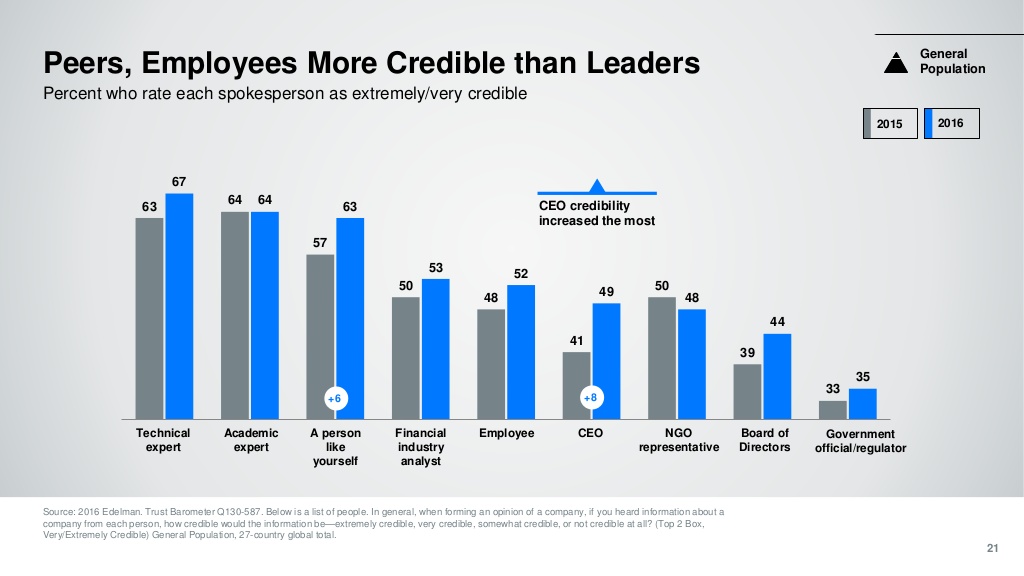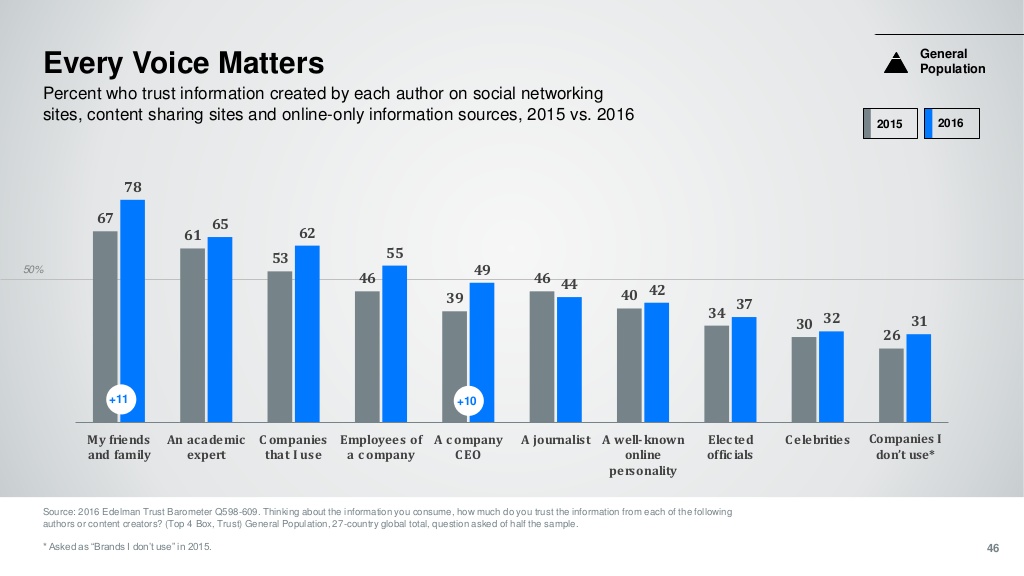One more article pointing to one more book explaining that technology alone has not and will not transform education. In this Learner’s Mindset Discussion we look at this latest warning article from Justin Reich Failure to Disrupt: Why Technology Alone Can’t Transform Education (create a free account to view the full article) and offer some suggestions on how we can use the Learner’s Mindset to help develop more self-directed learners or autodidact.
Reich’s book with the same title Failure to Disrupt: Why Technology Alone Can’t Transform Education is a much more detailed handing of this issue. Larry Cuban has been exploring or exposing the myth that educational technology can transform the education system for decades so it is assuring to note the ideas we explored in our Learner’s Mindset Discussion are confirmed by the likes of this educational historian in his review of Riech’s argument. Cuban’s book Oversold and Underused: Computers in the Classroom offers an earlier version of the same argument and some of Cuban’s warnings on the empty promises of technology go back to the 70’s and 80’s so this is not a new idea.
How to Develop More Autodidacts
Throughout the discussion, my colleague and I talked about some of the things we need to do to help learners become self-directed and independent learners or autodidacts. I have spent the last three decades exploring and researching this question so you will find that my site is filled with posts on learning how to learn. To save you some time on searching my site consider the following posts as a starting point:
Change in Focus
Connecting dots vs collecting dots
CSLE+COVA
In pursuit of the better way – the learners mindset
DIY Mindset Requires a Learner’s Mindset
How to Grow a Growth Mindset



































